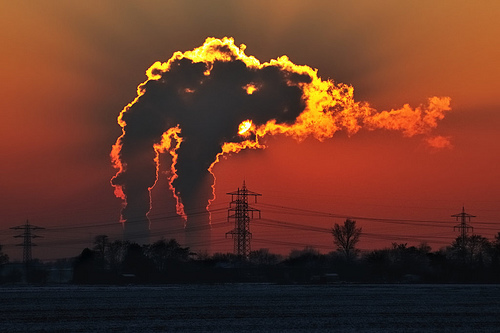Recently, I met with the CEO of a utility to discuss how to get at carbon reduction goals. He asked two insightful questions.
The first was, “Why doesn’t the natural gas industry support climate legislation?”
One of the key points turned up in the utility’s analysis of future supply is that we’re going to have to switch massively from coal to natural gas in the next fifty years to address climate change. Because of that, the natural gas industry can’t lose: it’s a key transition fuel because its carbon intensity is half that of coal, and it’s a proven source of baseload power. Why then, doesn’t the natural gas industry, at least in this CEO’s experience, support climate legislation full force?
The second question the CEO asked is why the coal industry doesn’t support efficiency more avidly. After climate legislation passes, utilities will have to decarbonize their power supply while addressing growth. If they rely on wind to do that, they will necessarily have to replace existing coal with natural gas to back up those renewables, since gas, which can be cycled on and off quickly, is a far superior way to offset the intermittency of wind. In that scenario, coal loses. But with huge efficiency efforts that cut total demand, utilities can decarbonize without adding as many renewables. This would keep the coal-fire power intact.
So…unless I’m missing something here (very possible), utilities that burn lots of coal should be all over radical energy efficiency. But, again in the CEO’s experience, the coal business is not.


